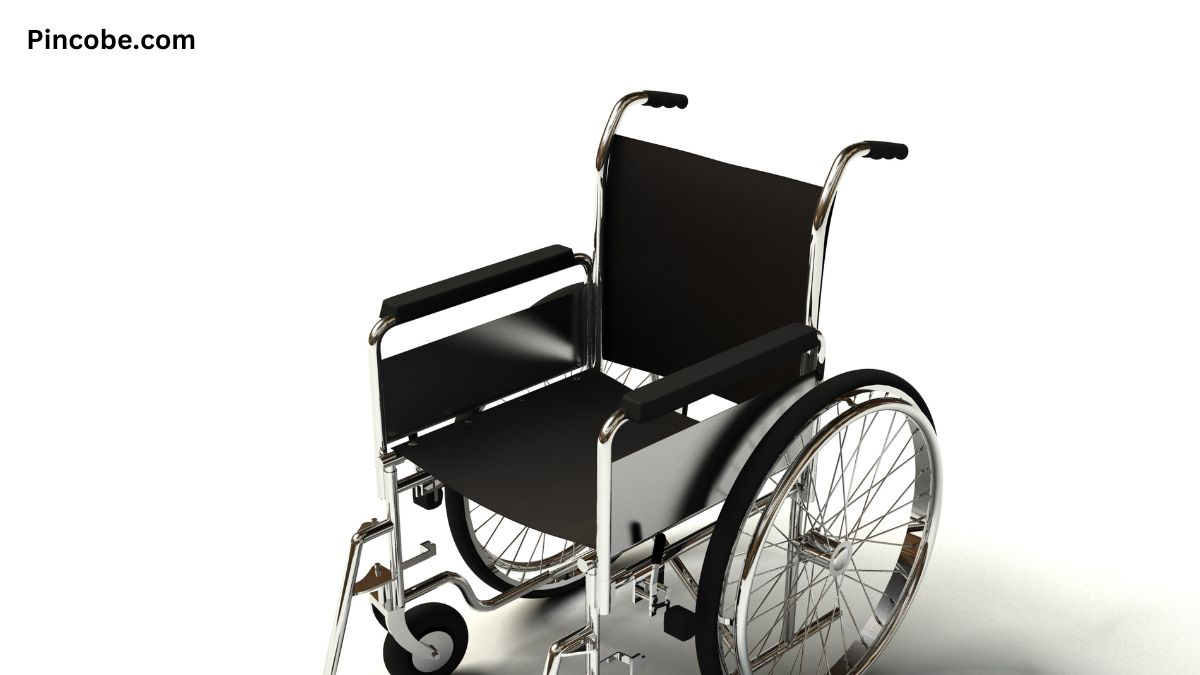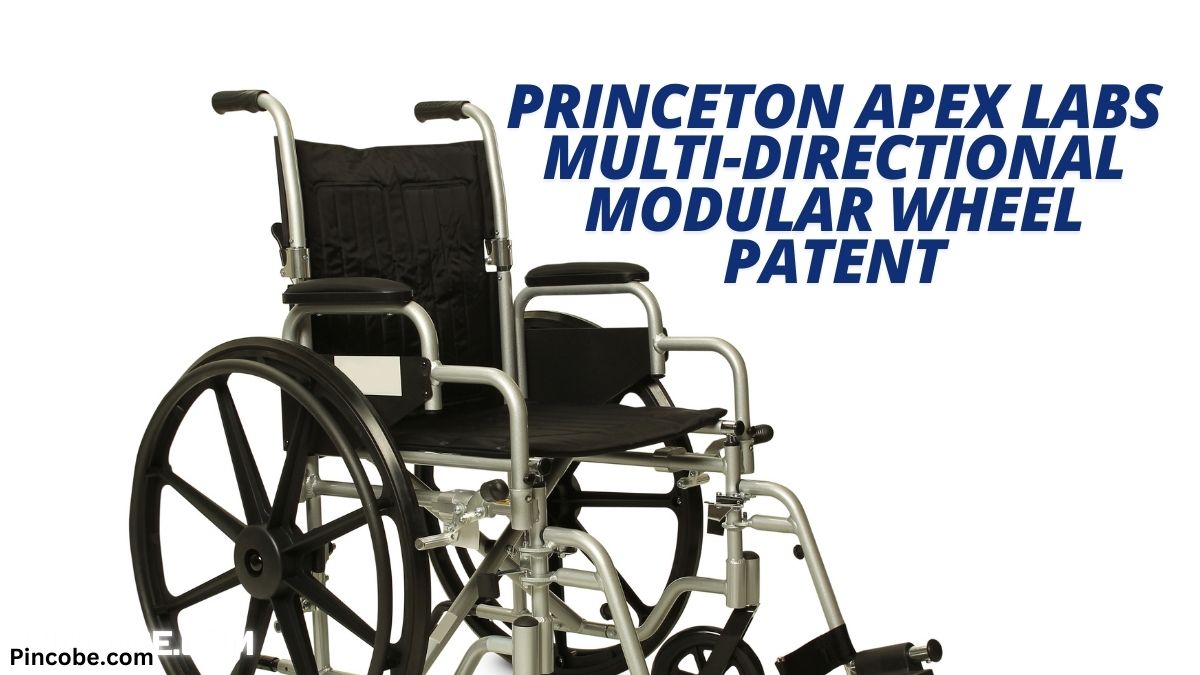Introduction
Princeton Apex Labs Multi-Directional Modular Wheel Patent, a renowned name in the tech and robotics industries, has made waves with their latest patented innovation the multi-directional modular wheel. Known for pushing the boundaries of design and functionality, the company aims to address longstanding challenges in robotics, automation, and transportation.
Understanding Princeton Apex Labs Multi-Directional Modular Wheel Patent: An Overview
Modular wheels are designed to Princeton Apex Labs Multi-Directional Modular Wheel Patent unparalleled adaptability, allowing the user to modify the wheel’s components for different types of movement and applications. These wheels combine flexibility with function, promising a versatile solution across various fields, from robotics to transportation and material handling.
The Concept of Multi-Directional Movement
Benefits of Multi-Directional Wheels
Princeton Apex Labs Multi-Directional Modular Wheel Patent enables movement in various directions without needing the entire mechanism to pivot. This feature can simplify operations in tight or complex environments, offering improved maneuverability.
Current Challenges in Multi-Directional Mobility
While multi-directional movement has clear benefits, it also presents challenges, such as increased energy requirements, wear and tear on parts, and higher maintenance costs. Princeton Apex aims to solve these challenges with its new design.
Breaking Down the Princeton Apex Labs Multi-Directional Modular Wheel Patent Wheel
Why Modular Wheels?
The Princeton Apex Labs Multi-Directional Modular Wheel Patent allows for easy replacement and customization of wheel components. This design can reduce downtime and provide a solution that can be adapted for specific applications or environments.
Modularity and Its Impact on Robotics
In robotics, modularity offers a high degree of customization, enabling robots to function across different terrains and settings without extensive modifications.
How Princeton Apex’s Multi-Directional Modular Wheel Stands Out
Princeton Apex Labs Multi-Directional Modular Wheel Patent integrates cutting-edge technology to ensure smooth multi-directional movement. Its design utilizes innovative rotational and pivoting mechanisms, allowing the wheel to move in any direction seamlessly.
Modularity in Practice: Customization and Flexibility
Princeton Apex’s modular wheels allow for parts to be swapped out, making the wheel highly adaptable. This flexibility enhances the wheel’s lifespan and reduces the need for frequent replacements.
Applications of the Multi-Directional Modular Wheel
- Robotics Industry: In robotics, these wheels enable robots to move more intuitively and navigate complex environments, from factory floors to rough outdoor terrains.
- Automotive Industry: Modular wheels could become pivotal in autonomous vehicles, allowing smoother navigation in dense urban areas and increasing maneuverability.
- Logistics and Material Handling: In warehouses, the wheels could help robotic and automated systems navigate efficiently, reducing time and resource consumption.
Healthcare and Assistive Devices
For assistive devices, such as wheelchairs, these wheels provide enhanced mobility, making it easier for users to navigate confined spaces.
Technological Components of the Patent
Core Design Features
The core of Princeton Apex’s patent lies in its integration of a modular design with multi-directional capabilities, providing adaptability and versatility.
Materials and Durability
The wheels are crafted from durable, lightweight materials to ensure longevity while maintaining efficient energy consumption.
Energy Efficiency and Power Management
Princeton Apex has also focused on minimizing energy usage to maximize efficiency, which is crucial for applications in mobile and automated systems.
How This Patent Could Impact the Future of Robotics and Mobility
This patent could revolutionize fields like robotics and autonomous vehicles by offering a more adaptable and resilient solution for mobility.
Comparison with Traditional Wheels
Traditional wheels lack the flexibility and adaptability of Princeton Apex’s modular design, making them less suitable for complex environments.
Comparison with Other Multi-Directional Wheels on the Market
Princeton Apex’s patent focuses on modularity and robustness, giving it a competitive edge over other multi-directional wheels, which may not offer the same customization options.
Real-World Princeton Apex Labs Multi-Directional Modular Wheel Patent Use Cases
Autonomous Vehicles
This technology could improve navigation and adaptability in self-driving cars, especially in urban environments.
Smart Factories
In industrial settings, the wheels could enable robots to navigate factory floors with increased precision and flexibility.
Assistive Technologies
Multi-directional modular wheels could be game-changers for mobility aids, offering increased independence for users.
- Challenges and Limitations of Multi-Directional Modular Wheels: While promising, the technology faces challenges, such as cost, complexity, and potential maintenance requirements.
- Looking Ahead: Future Developments and Improvements: Princeton Apex Labs Multi-Directional Modular Wheel Patent is exploring advancements in materials, efficiency, and ease of use, which could further solidify its role as a leader in modular mobility solutions.
- Public Reception and Industry Interest: Since its Princeton Apex Labs Multi-Directional Modular Wheel Patent announcement, industry stakeholders and the public have shown significant interest, recognizing the potential of Princeton Apex’s innovative design.
Conclusion
The multi-directional Princeton Apex Labs Multi-Directional Modular Wheel Patent is a groundbreaking step forward in mobility technology. Princeton Apex Labs continues to lead innovation, opening new pathways in robotics, automation, and assistive technologies. This development underscores their commitment to creating flexible, adaptable, and future-ready mobility solutions.
